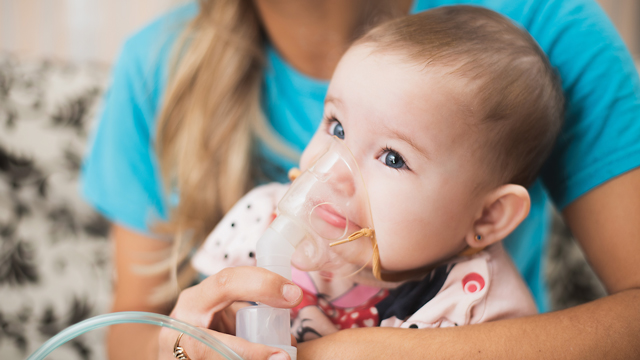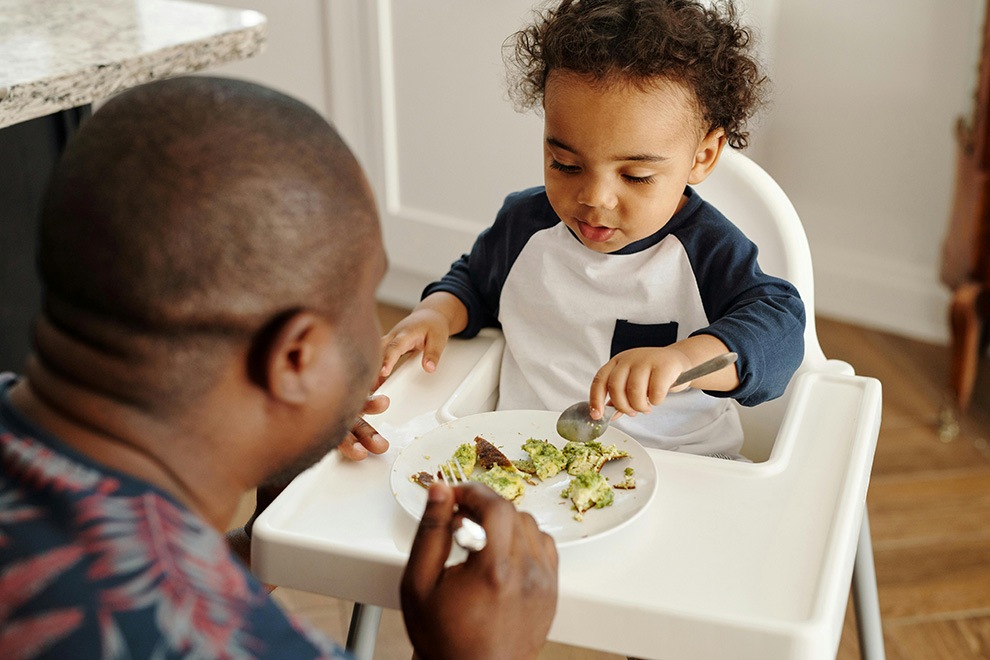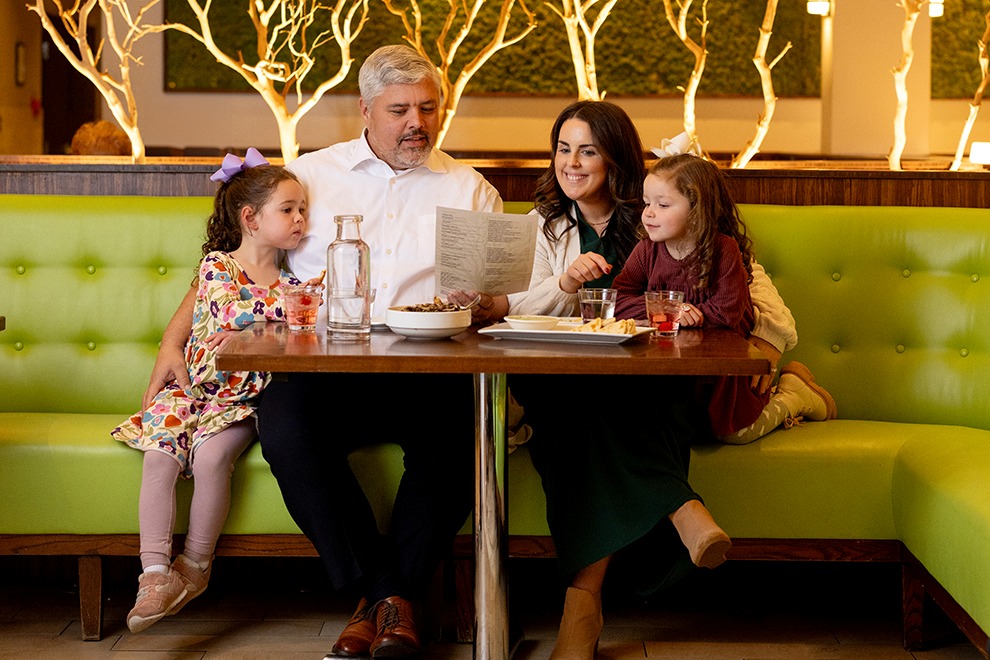The upcoming winter months can bring a host of common childhood illnesses to the forefront of our minds such as colds, flu, and bronchiolitis, which is more commonly referred to as RSV. Bronchiolitis is a respiratory illness usually caused by respiratory syncytial virus (RSV). Children older than two usually get symptoms associated with the common cold. In children under two, symptoms are typically more severe.
What is RSV?
Just like COVID-19, RSV is an airborne virus and is transmitted by droplets and aerosols, two terms we are all more familiar with these days. RSV invades the cells that line the respiratory tract. These cells then slough off and plug airways. That’s why infants and younger kids, who have smaller airways, have more trouble fighting off RSV. Babies who are born prematurely and babies with underlying issues, like floppy airways (called laryngomalacia), can have even more problems with RSV.
Usually, RSV is a wintertime illness. Some years we see lots of cases and other years not as many. I would say that over the past thirty years, there has been a general trend toward fewer cases, which is definitely a positive development for children’s health.
What are the symptoms of RSV?
RSV typically presents like the common cold with symptoms including fever, runny nose, and cough. Young children often wheeze and may have an increased breathing rate. Wheezing is a high-pitched whistling sound, usually accompanied by a tight, dry cough that is audible when your child breathes out. This is caused by narrowing and inflammation of their small airways. The symptoms are asthma-like, but are not asthma. The wheezing usually lasts for two to three days and then improves. The cold symptoms will last about a week, but the cough may last for two to three weeks.
Most children under two will have some wheezing with RSV. This is often mild and can be easily managed at home or at the doctor’s office. About 1 percent of children with RSV require hospitalization where oxygen or IV fluid can be administered. Unfortunately, there are no magic medicines like antibiotics or steroids that help with RSV infections. The main things you need to watch for in your baby or toddler are rapid breathing (more than sixty breaths per minute) that is constant, and not drinking or urinating well. If your child shows these symptoms, call your pediatrician and seek treatment.
Are there any long-term effects of RSV infections?
People often ask if RSV infections will lead to asthma. While there is a connection, it’s not as serious as you may think. About 30 percent of young children who get RSV will have wheezing when they have future colds. When they do have wheezing with future illness, breathing treatments with albuterol will often help. Sometimes oral steroid syrups or pills will also help reduce wheezing and improve breathing. I have been a pediatrician for a long time and have noticed that little kids who get RSV may have wheezing with future illnesses, but they usually outgrow this problem as they reach adolescence. It usually does not mean they will have asthma as a teenager or adult.
COVID-19 and RSV
As with many other parts of our lives, COVID-19 has also affected when viruses like RSV happen. We’ve already seen a number of RSV cases in young children this year during the summer and fall months, which is highly unusual. This is most likely because of changes in human behavior. We were all isolated for a long time, then we got comfortable in the late spring, got out more often, and started spreading viruses. This is to be expected. When we get together and hug and shake hands, viruses are most likely to get around.
Will we have a lot of RSV this winter? It’s too early to tell. COVID-19 has changed so many things in our lives. It may also change when and how broadly we see certain viruses spreading in our community.
I hope this helps you understand the symptoms and treatment for RSV better so you can be more comfortable if your child is diagnosed with it. I understand that it’s been a strange and stressful eighteen months for parents for many reasons, and I hope being informed makes you feel a little less stressed. Remember, RSV bronchiolitis is usually just a bad cold even for those under two years old. If you notice sustained wheezing or rapid breathing, call your pediatrician right away.





